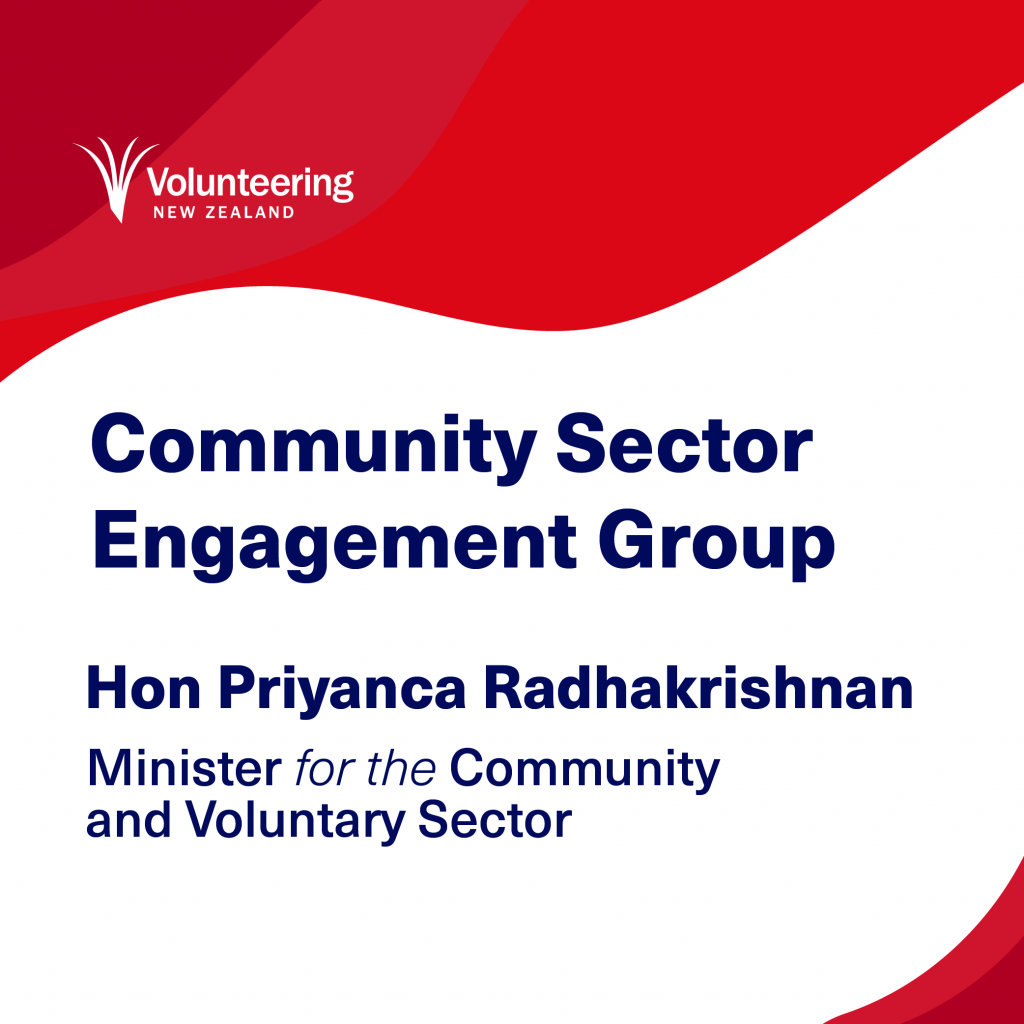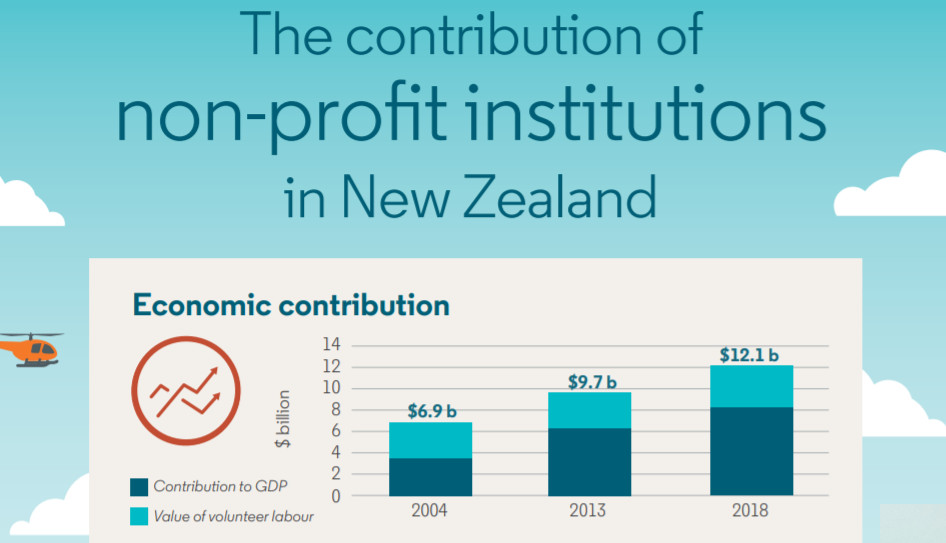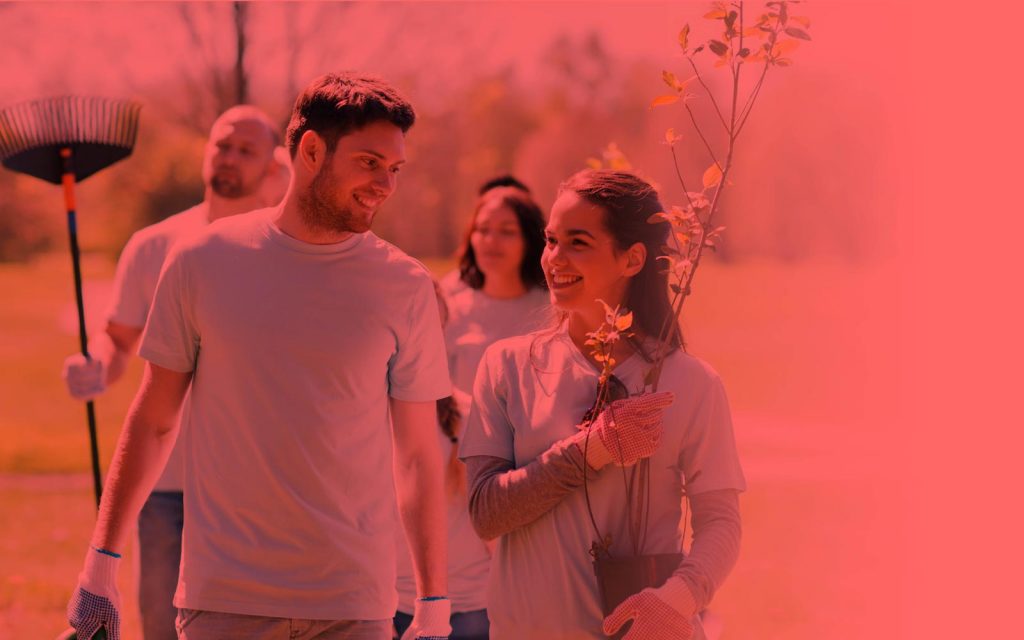The Wellbeing Budget
The introduction of Treasury’s Living Standards Framework into the 2019 Budget is being greeted enthusiastically by a number of organisations including Volunteering New Zealand. The Wellbeing Budget, as it is known, will take a more holistic approach to valuing what is important to New Zealanders, including for the first time, social and environmental indicators as well as measures of economic health. Work in the area of wellbeing has become established over the last decade both internationally and in New Zealand and many of the objections and obstacles to measuring “intangibles” such as wellbeing have been overcome.
The Living Standards Framework will measure the progress of four capitals:
- Produced capital – infrastructure assets
- Human capital – skills, knowledge, and human health
- Social capital – norms and values like trust and cultural identity
- Natural capital – the environment as a resource
So how can volunteering contribute to wellbeing? Volunteering can build value in our capital stocks in some obvious ways. For example, sports volunteering enhances the health of those who take part, while environmental volunteering helps to protect natural resources. But just about any kind of volunteering can contribute to social and human capital in the sense that volunteering is both a social interaction and an opportunity for learning and development. As opposed to traditional measures of capital, social and human capital are not depleted with use. Time spent sharing trust and knowledge are investments that can increase the total value of New Zealand’s productive resources.
Volunteering and wellbeing: the evidence
In order to study the effects of volunteering on subjective wellbeing, social scientists are careful to control for what they call “confounding” or “lurking” variables – unobserved variables that seem to suggest relationships between other variables that do not exist. For example, an increase in sales of ice cream and an increase in the murder rate over the summer months does not suggest that one causes the other. Rather, another variable, the weather, is likely to explain why ice cream sales go up.

In our research section, we have provided a link to a 2012 study by Martin Binder and Andreas Freytag which provides a robust and causal demonstration of the impact of regular volunteering on subjective wellbeing using a large-scale data set, the British Household Panel Survey. Perhaps the main finding is that “regular volunteering significantly increases well-being” and that the “causal effect of volunteering … increases over time for individuals who continue their volunteering efforts.” Genuine volunteering – that is, volunteering that is conducted by choice not obligation – is unlikely to have negative effects. However, examples of people who benefit the most from volunteering are retired persons, the lonely or the unemployed.
Binder and Freytag test the robustness of their results by controlling for numerous “confounders” such as personality traits, social networks and trust as well as comparing across demographic slices such as gender, age, education, frequency of social contact and so on.
In addition to their main findings on wellbeing, the authors also summarise the benefits of volunteering as studied elsewhere. These studies find that volunteers report better outcomes across a number of terms related to or synonymous with wellbeing including health, social life, socio-economic prospects, happiness, positive affect for the elderly, and life satisfaction.
Dr Michael Schraa, VNZ Policy Advisor
Michael is a Ph.D graduate of Victoria University of Wellington. His project combined a history of American politics, especially of the 1990s, and a history of popular psychology. Michael produces submissions on governmental policy. His research topics include Health & Safety, ACC, governmental accountability, police vetting and well-being.





About The Author: Michelle Kitney
Chief Executive, Volunteering New Zealand
More posts by Michelle Kitney